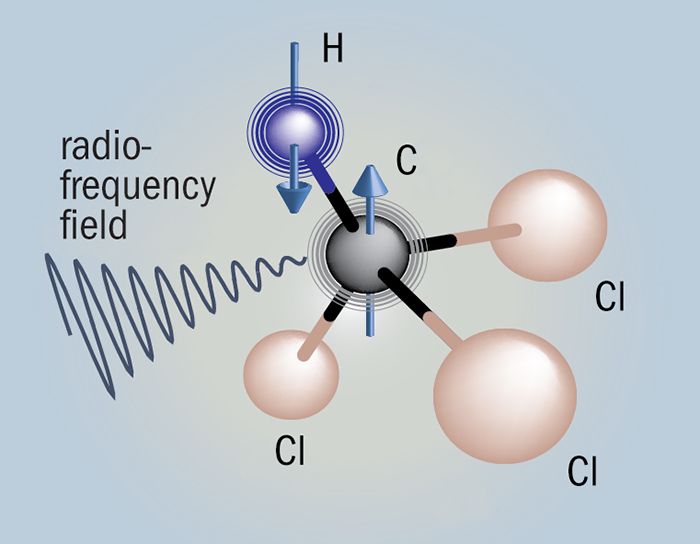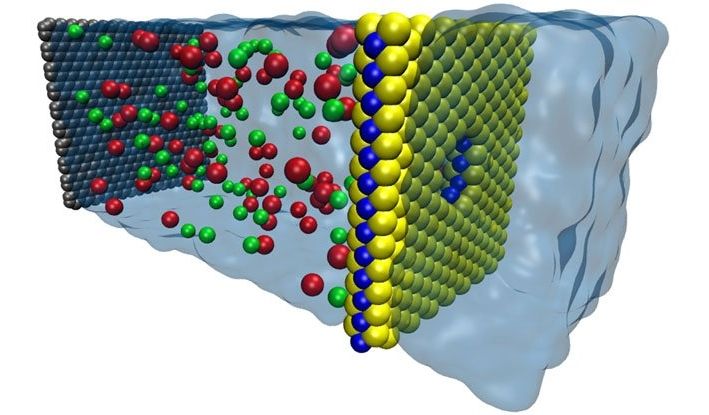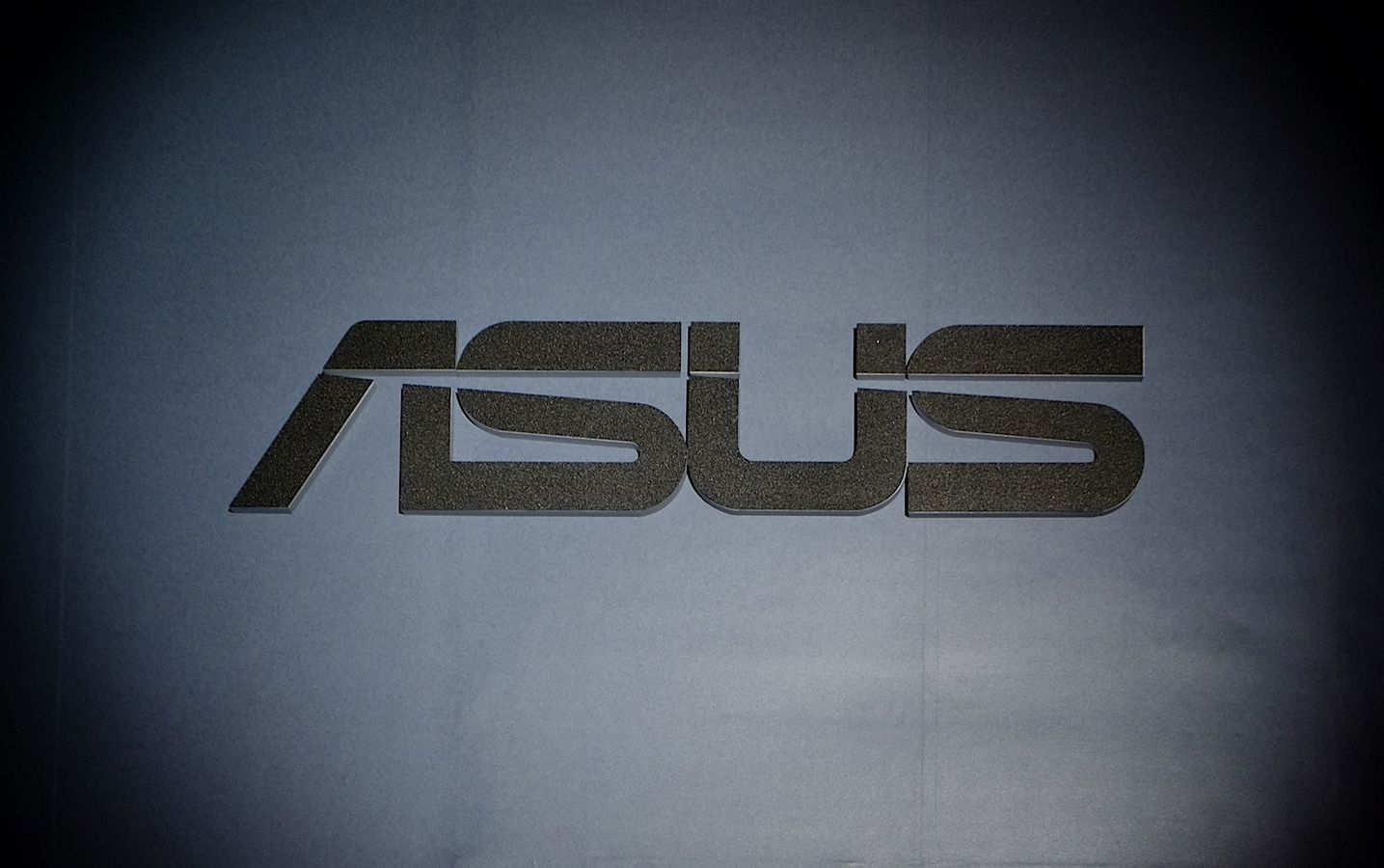Page 11313
Nov 12, 2015
Your Gut May Be Home to an Entirely New Form of Life
Posted by Bryan Gatton in categories: genetics, health, life extension
Might be a good start point for some new longevity research.
A new genetic analysis of human gut bacteria is turning up some really weird critters—so weird, in fact, that some biologists are speculating we’ve found an entirely new domain of life. We should take that possibility with a healthy dose of skepticism. But here’s why it’s even being discussed.
In the past ten years, new genomic technologies have, for the first time, enabled scientists to explore our microbiome—that trove of invisible critters that live on us and in us. Microbiome research is quite literally rewriting the textbooks on human biology, as we learn that everything from our mouths to our intestines to our skin is, in fact a complex and diverse ecosystem. Hell, we’re even surrounded in a personal cloud of bacteria. By some estimates, the human cells in your body are vastly outnumbered by microbes.
Continue reading “Your Gut May Be Home to an Entirely New Form of Life” »
Nov 12, 2015
Businesses braced for bout of regulation on cyber security | Financial Times
Posted by Odette Bohr Dienel in categories: business, cybercrime/malcode, engineering, government
“Companies around the world are bracing themselves for an avalanche of cyber security regulation, as governments scramble to introduce rules forcing corporate groups to build stronger defences against catastrophic hacks.”
Nov 12, 2015
First ever 3D printer to print organic living things
Posted by Julius Garcia in category: 3D printing
Photo Credit: Printgreen Tiskajzeleno/Facebook
This 3D printer is the dream of every garden lover. Created at the University of Maribor in Slovenia by students Maja Petek, Tina Zidanšek, Urška Skaza, Danica Rženičnik and Simon Tržan, the printer unites art, technology and nature into one.
Nov 12, 2015
Iceye — Global monitoring, when it matters
Posted by Klaus Baldauf in categories: innovation, satellites
The ICEYE system is unique because we do not rely on traditional optical imaging technology. Unlike camera technology, our radar is not limited by the same requirements – it’s capable of viewing through cloud cover, bad weather, and darkness, providing unlimited access wherever it’s needed.
The timeliness of the imaging service is always limited by the speed of access to the target site. We’ve applied miniaturization and industrial manufacturing to the field of radar imaging. This allows us to launch not just one, but tens of satellites and ultimately reduce the response times from days to minutes.
“We believe this breakthrough in earth imaging is going to have a real positive impact on the world.”
Nov 12, 2015
Simulation startup Improbable wants to make The Matrix possible
Posted by Shailesh Prasad in category: virtual reality
Improbable unveils Spatial OS platform that can simulate cities and could one day predict the future.
Nov 12, 2015
Scientists develop ‘nanopores’ that inexpensively filter the salt out of seawater
Posted by Shailesh Prasad in categories: energy, engineering, materials
There’s filtration and then there’s filtration. Engineers in the US have been working on the latter, coming up with a new markedly more energy-efficient way of taking the salt out of seawater, which could deliver huge advantages in terms of providing people with access to drinking water and help combat problems like drought.
The researchers have developed a material that allows high volumes of water to pass through extremely tiny holes called ‘nanopores’ while blocking salt and other contaminants. The material they’re using – a nanometre-thick sheet of molybdenum disulphide (MoS2) riddled with these nanopore holes – is the most efficient of a number of thin-film membranes that the engineers modelled, filtering up to 70 percent more water than graphene.
“Even though we have a lot of water on this planet, there is very little that is drinkable,” said Narayana Aluru, a professor of mechanical science and engineering at the University of Illinois and leader of the study. “If we could find a low-cost, efficient way to purify sea water, we would be making good strides in solving the water crisis.”
Nov 12, 2015
A five-story vending machine for cars just opened in Nashville
Posted by Shailesh Prasad in category: transportation
Buying a car is a hellish process. The reward for spending hours researching the right one is a trip to a local dealership — an experience that assaults the nerves in such a way that it’s only rivaled by appointments with the dentist. But what if buying a car was easier than that? What if it was as easy as, say, a vending machine?
A few years ago, a company called Carvana followed in the footsteps of companies like CarMax by trying to move the car buying experience completely online. The process of purchasing a car on Carvana’s website includes all the steps that normally take place at a dealership: getting approved for and selecting financing, selecting a warranty, and signing the contract. It’s a process that, in an interview with The Verge, Carvana CEO Ernie Garcia is quick to point out takes many Carvana customers 20 minutes or less.
This left customers with just one dealership interaction: choosing pickup or delivery. And Garcia says that, more often than not, Carvana customers were choosing pickup — so much so that a subsequent pickup store in Atlanta was a rousing success. Now, though, Carvana is adding some spice to that experience.
Nov 12, 2015
Asus says it’s building an augmented reality headset to release in 2016
Posted by Shailesh Prasad in categories: augmented reality, mobile phones, virtual reality
Taiwanese PC manufacturer Asus says it’s building an augmented reality device and aims to release it next year. According to a report from CNET, Asus CEO Jerry Shen confirmed the plans during an earnings call on Wednesday, arguing that augmented reality or AR will be more useful than virtual reality. “You can make a real setting meld together with yourself and the AR portion,” said Shen. “Internally, we are talking about how to prepare.”
Unlike VR, augmented reality doesn’t show you a completely fabricated view, but instead overlays digital elements onto the real world. The current frontrunner in this nascent field is Microsoft’s HoloLens, which the company has shown off in a range of impressive demos. However, the HoloLens is hampered by a number of problems, including bulkiness, constrained viewing angles, and a high price tag, with Microsoft releasing a $3,000 HoloLens developer kit in the first quarter of 2016. (By comparison, Samsung’s Gear VR, a virtual reality headset powered by the company’s smartphones, became available for preorder this week for just $99.) Asus has previously hinted that it might build its own version of the HoloLens, but as a company best known for its budget laptops, tablets, and smartphones, we wouldn’t expect it to match Microsoft’s price.
Despite the lack of unknowns surrounding Asus’s announcement, it’s still interesting to see a company align itself with augmented, rather than virtual, reality. The Verge’s Adi Robertson has argued that the complete immersion of VR makes it difficult for multitasking, and that augmented reality, by comparison, is more practical. Asus apparently agrees. “We think AR will be very important for people’s lives,” said Shen according to CNET. “It should be next year when we come out with a product.”

















